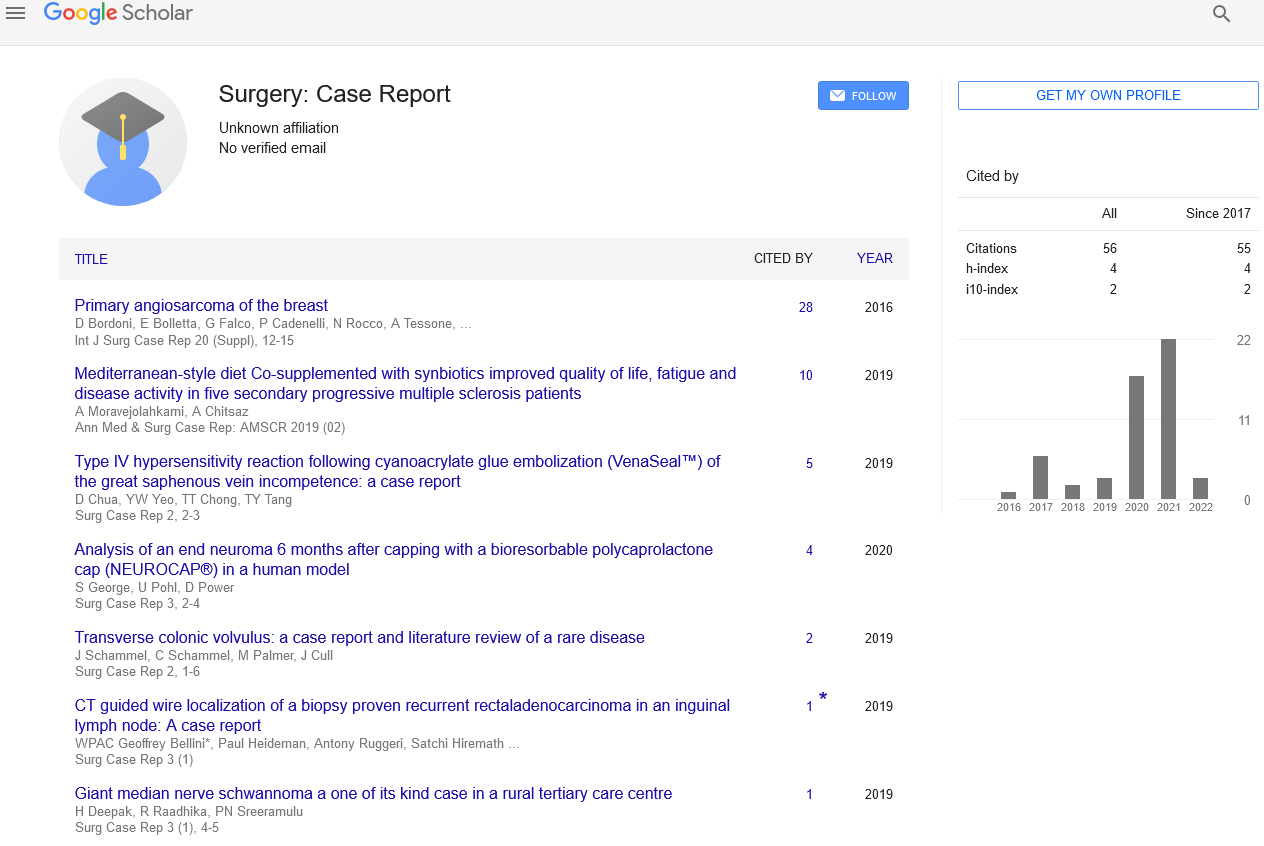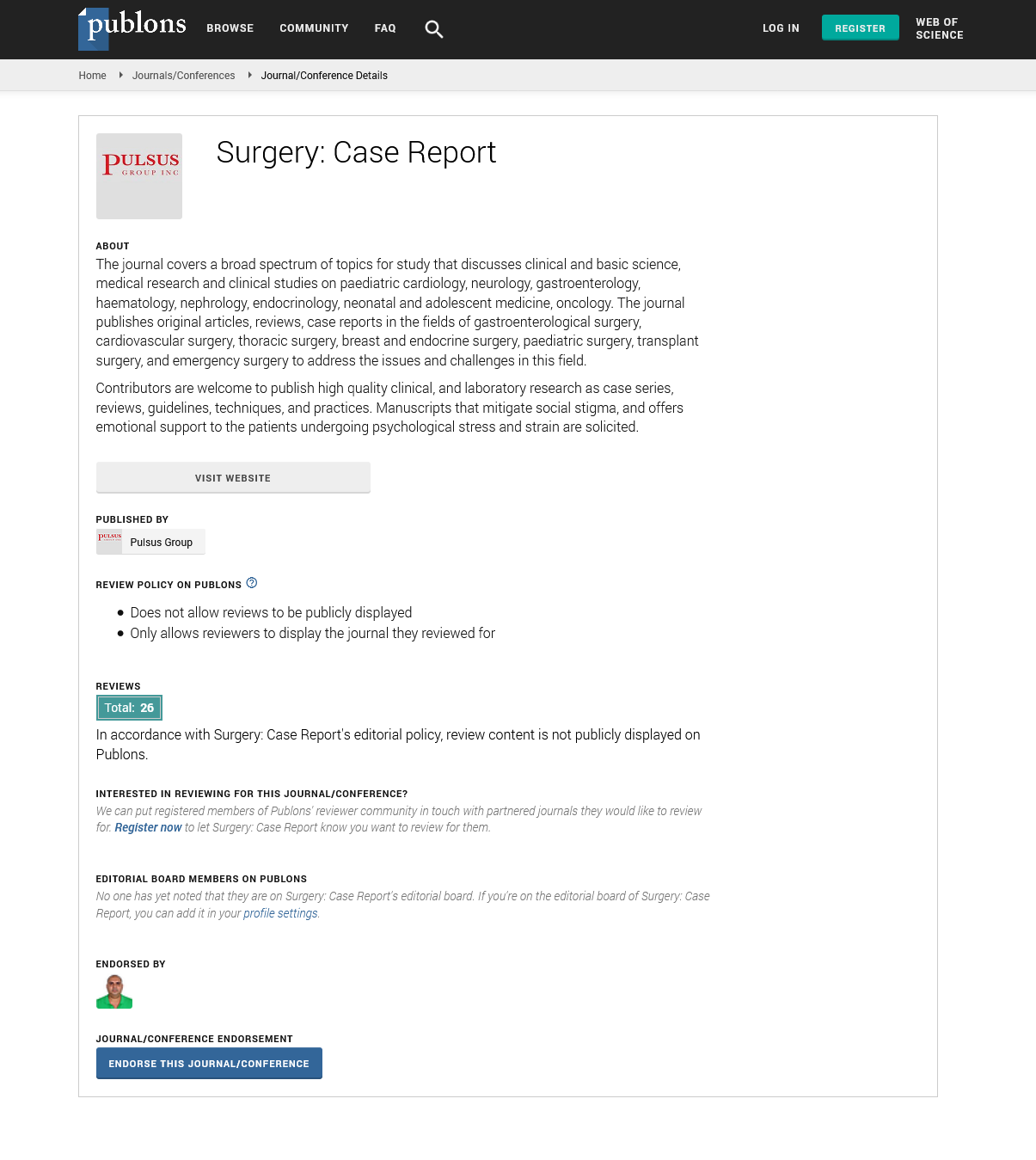
Sign up for email alert when new content gets added: Sign up
Assessment of the transgender patient in otolaryngology and facial plastic surgery and primer on office-based management
2nd World Congress on Otolaryngology and Wound Care
August 30, 2021 | Webinar
Michael J Nuara and Marc Hohman
Virginia Mason Hospital and Seattle Medical Center, USA
Uniformed Services University, USA
Madigan Army Medical Center, USA
Keynote: Surg Case Rep
Abstract :
It is well established that gender dysphoria can be a significant source for emotional, psychological, and social distress. With regards to the latter, patients often experience uncomfortable mis-gendering or discrimination related to the outward presentation and expression of gender. There are some obvious and some more subtle differences between the male and female facial structure and appearance that can contribute significantly to dysphoria and, ultimately, the experience of distress. Furthermore, there is substantial variation in deviation from the cis-norms; and similar variation in tolerance to or desire for invasive procedures. Intervention: We will discuss both facility related considerations and clinical practice guidelines for the appropriate evaluation and management of the transgender patient as it pertains to otolaryngology and facial plastic surgery. Normative data is presented regarding the sexual dimorphism of the facial structure, and implications for clinical practice. In addition, minimally invasive approaches are presented that may be applied in select patients.
Biography :
Nuara has expertise in all aspects of facial plastic and reconstructive surgery. His research is focused on the communication patterns and life experience of patients experiencing gender dysphoria as well as surgical approaches to gender affirmation facial surgery. He serves as the medical director for the transgender service line at Virginia Mason Franciscan Health Medical Center in Seattle (USA), in addition to his role in direct patient care. Findings from his research include characterization of the differences between male and female face, communication barriers in the transgender patient, and innovative techniques in facial surgery.





